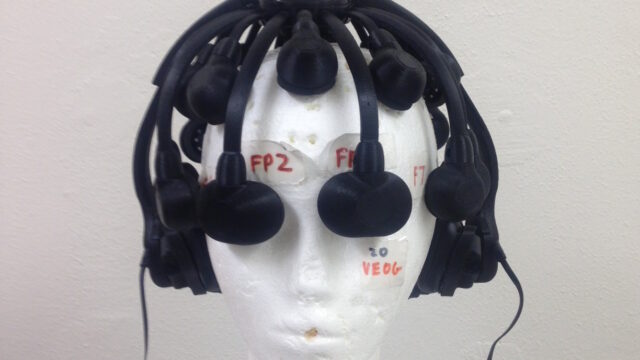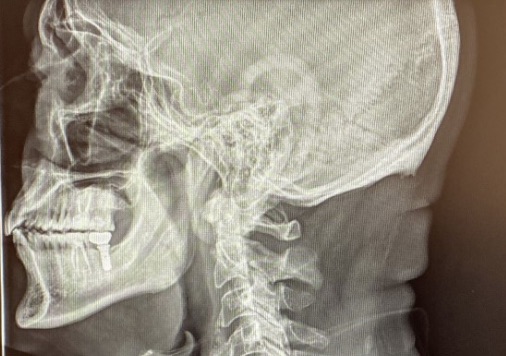Life is a string of moments. And every moment contains within it its own death, in an unbroken chain of arisings and disappearances. Wise individuals have called this the play of consciousness. Human beings are expressions of this consciousness and entangled in its dance. Life cannot happen without death, as endings are the inevitable consequence of beginnings. And yet, beneath these arisings and disappearances lies what many seers have perceived as the unchanging, unconditioned, and eternal stillness. This is the realm in which most of us would place our God, Source, or Creator.
As we follow the turbulence of this moment, the increasing protests amid a deadly coronavirus pandemic, the play of consciousness is in full display. We perceive the same recurring dance; the same passion and frustration expressed before; the same sentiments of hopelessness which have occurred previously. And it disheartens us that the cycle seems interminable. If the expectation is a spontaneous resolution of this cycle, this is unlikely to happen as long as we remain trapped in the dance itself. The sole permanent and effective solution is to step outside of it and place ourselves in the hands of the grace encompassing the dance itself-the eternal stillness.
Mystics are not the only ones capable of relating to this unfamiliar and metaphysical experience. Receiving this grace is our birthright. It’s a matter of how sincere and willing we are to receive it. We call it a miracle when an individual hits bottom, be it a drug addict, alcoholic, or any other lost soul. At that moment, they encounter no more excuses for their behavior and accept as the solution the stillness that was always accessible. Touching stillness involves admitting that something greater than ourselves has control, and turning our life and trust over to it. Hitting bottom to recognize this truth is only necessary if we are stubborn. Indeed, we can accept it now, in this moment.
How do we achieve this? There is one indispensable thing. It is to recognize how we construct what we are, the personality we take ourselves to be, the ego, the self-centered reasoning. And to know that it is this incessant activity creating our problems. Let go of self-centered thinking, ego-self, that “little you,” and realize you are in fact already part and parcel of the eternal stillness. Let go of the conceptual mind animating and giving birth to the endless arisings and disappearances of self-centered thought and allow truth to shine through. Life is a choice and we are at an inflection point where we must choose, go beyond ego, and trust the stillness we are.








